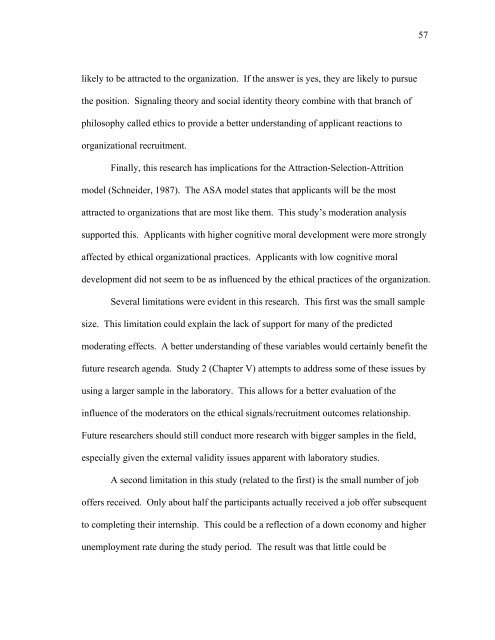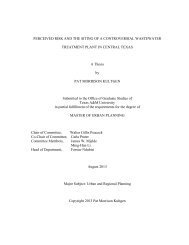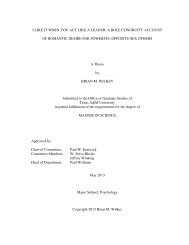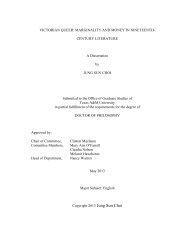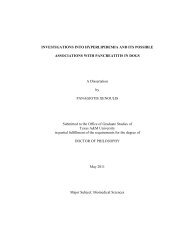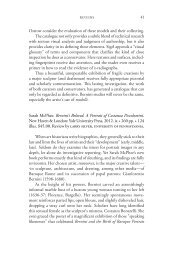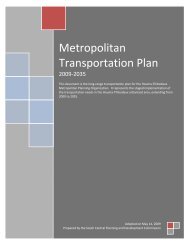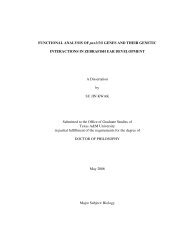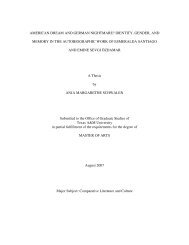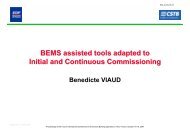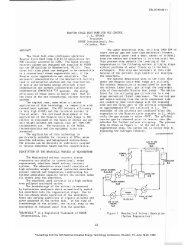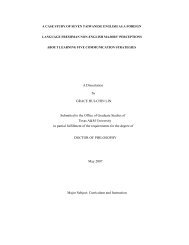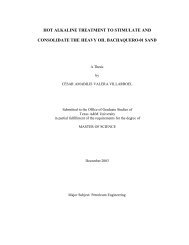THE EFFECT OF ETHICAL SIGNALS ON RECRUITMENT ...
THE EFFECT OF ETHICAL SIGNALS ON RECRUITMENT ...
THE EFFECT OF ETHICAL SIGNALS ON RECRUITMENT ...
You also want an ePaper? Increase the reach of your titles
YUMPU automatically turns print PDFs into web optimized ePapers that Google loves.
likely to be attracted to the organization. If the answer is yes, they are likely to pursue<br />
the position. Signaling theory and social identity theory combine with that branch of<br />
philosophy called ethics to provide a better understanding of applicant reactions to<br />
organizational recruitment.<br />
Finally, this research has implications for the Attraction-Selection-Attrition<br />
model (Schneider, 1987). The ASA model states that applicants will be the most<br />
attracted to organizations that are most like them. This study’s moderation analysis<br />
supported this. Applicants with higher cognitive moral development were more strongly<br />
affected by ethical organizational practices. Applicants with low cognitive moral<br />
development did not seem to be as influenced by the ethical practices of the organization.<br />
Several limitations were evident in this research. This first was the small sample<br />
size. This limitation could explain the lack of support for many of the predicted<br />
moderating effects. A better understanding of these variables would certainly benefit the<br />
future research agenda. Study 2 (Chapter V) attempts to address some of these issues by<br />
using a larger sample in the laboratory. This allows for a better evaluation of the<br />
influence of the moderators on the ethical signals/recruitment outcomes relationship.<br />
Future researchers should still conduct more research with bigger samples in the field,<br />
especially given the external validity issues apparent with laboratory studies.<br />
A second limitation in this study (related to the first) is the small number of job<br />
offers received. Only about half the participants actually received a job offer subsequent<br />
to completing their internship. This could be a reflection of a down economy and higher<br />
unemployment rate during the study period. The result was that little could be<br />
57


